Are You Eligible for a Lung Cancer Screening?*
*Per the United States Preventive Services Task Force (USPSTF)
Take this quiz to understand the eligibility criteria for a lung cancer screening and if you or a loved one may be a candidate.
Five Important Things to Know About Lung Cancer and Screening
Watch Stories
Select factors that increase your risk for lung cancer are:*

A history of smoking

Exposure to certain materials in the environment, such as radon gas, asbestos and secondhand smoke

A family history of lung cancer
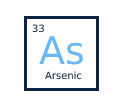
Exposure to other materials that cause cancer like arsenic, chromium and nickel
*The above list does not include all risk factors for lung cancer

Who should get screened for lung cancer?
The U.S. Preventive Services Task Force (USPSTF), a panel of experts in disease prevention and evidence-based medicine, sets guidelines for who should be screened for lung cancer. It recommends yearly screening for people who meet all three of the following criteria:
 |
Age between 50-80 years old |
 |
Currently smoke or you have quit smoking tobacco within the last 15 years |
 |
Have at least a 20 pack-year smoking history |
What’s a pack year?
A pack-year is the number of packs of cigarettes a person smoked per day, multiplied by the number of years they have smoked. For example, a person with 20 pack-years could have smoked 1 pack a day for 20 years, or 2 packs a day for 10 years, or half a pack a day for 40 years, etc.

Lung cancer is the leading cause of cancer death in the U.S.
Each year, more people die of lung cancer than of colon, breast, and prostate cancers combined.
The impact of lung cancer is not equal
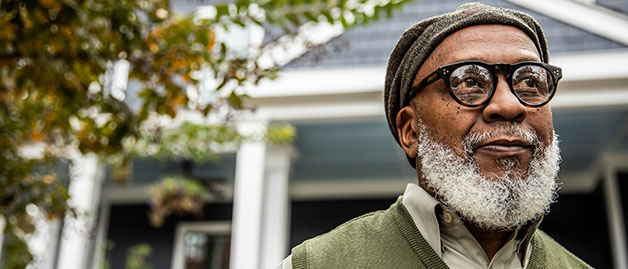
According to the 2024 American Lung Association State of Lung Cancer report, when compared to white individuals, Black individuals were 15% less likely to be diagnosed early, 12% more likely to not receive any treatment, and 16% less likely to survive five years after diagnosis.

According to the 2024 American Lung Association State of Lung Cancer report, Latino individuals with lung cancer were 17% less likely to be diagnosed early and 30% more likely to not receive any treatment compared to white individuals. However, they were equally likely to receive surgical treatment and survive five years compared to white individuals.
Know some of the common symptoms of lung cancer*
Lung cancer symptoms may not always be present until the disease has spread. However, if you are at risk for lung cancer and experiencing any of the symptoms below, it’s important to speak with your doctor right away.
- A new cough that lasts more than three weeks or a cough that gets worse
- Chest pain that is often worse with deep breathing, coughing, or laughing
- A new or worsening shortness of breath
- A new onset of wheezing
- Coughing up blood
- Feeling very tired all the time
- Losing weight for no reason
- Hoarseness
- Loss of appetite
- Lung infections that don’t go away or keep coming back
*The above list does not include all possible symptoms of lung cancer. These symptoms can happen with other illnesses too. If you have some of these symptoms, talk to your doctor, who can help find the cause.
Why is screening important?
In 2022, 16% of those eligible underwent lung cancer screening in the U.S.
Having a lung cancer screening may increase the chances of detecting cancer earlier, before it has spread to other parts of the body.
Lung cancer is the leading cause of cancer death in the U.S. The later lung cancer is detected, the more likely it is to spread to other parts of the body.
Increased screening may help change these numbers
How do you get screened for lung cancer?
During a low-dose CT (computed tomography) scan, you lay on a table and an X-ray machine takes pictures of your lungs. It provides quality images of your lungs using significantly less radiation than a standard CT scan of your chest. The exam lasts about ten minutes total. After your scan, your doctor will contact you with the results and talk about any next steps.
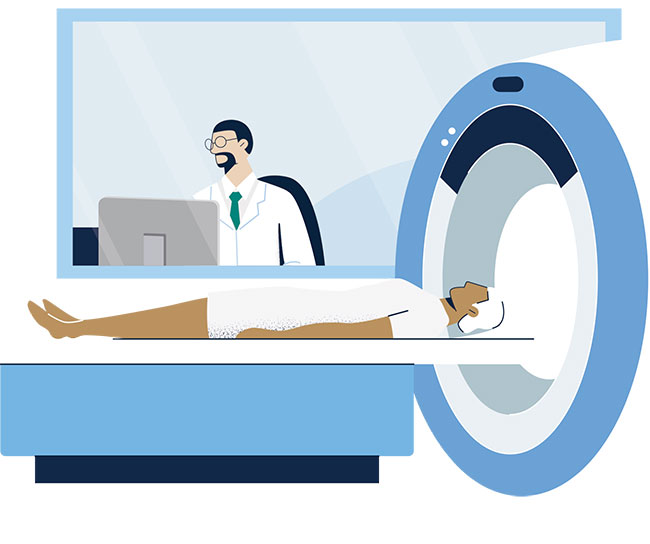
 |
This scan uses an X-ray machine to take pictures of your lungs |
 |
The scan usually takes less than 10 minutes, and it doesn’t require any medications or needles. |
 |
Your doctor can help you find a screening center or use this locator to search for a center near you |
If your doctor recommends screening and you are eligible, don’t let fear stand in your way. Be open with your doctor so they can answer your questions to help you get more comfortable with the screening process and guide you through follow up appointments. Yearly lung cancer screening is an important step you can take if you are at high risk and are eligible.
Use these resources to learn more about lung cancer screening:
Cut through the myths and get the facts
Discover what may matter when it comes to you, your health and understanding if you need a lung cancer screening.
 Download
Download
Concerned about a loved one?
Get the information you may need to guide loved ones through the important process of lung cancer screening.
 Download
Download
What you may need to know before talking to your doctor about lung cancer screening
Read tips about talking to your doctor so you feel prepared to have this important conversation.
 Download
Download
Guide to insurance coverage for lung cancer screening
Learn about insurance coverage for annual lung cancer screenings and key questions to ask your insurance company.
 Download
Download
What you can expect during a lung cancer screening
Learn about the lung cancer screening process and how to prepare for your appointment.
 Download
Download
More Information
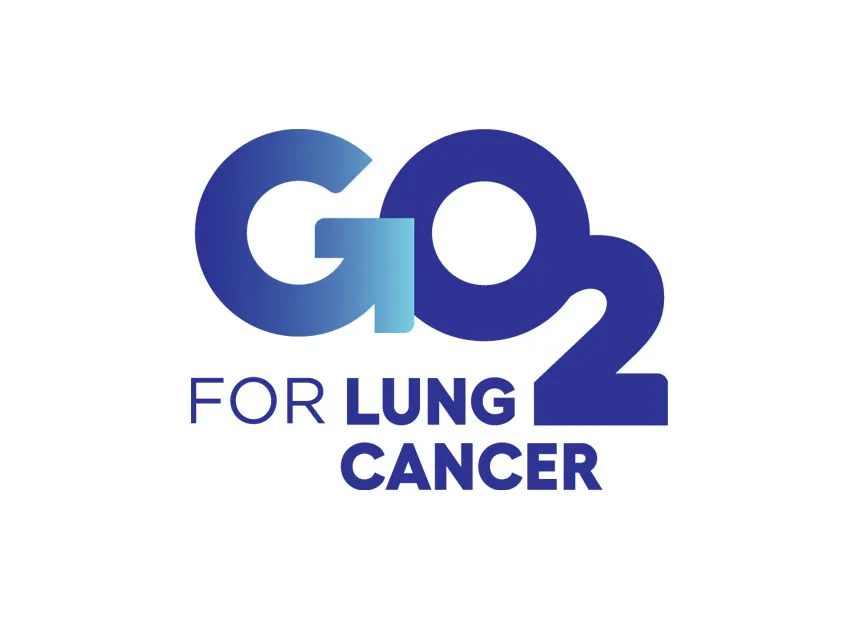
Find a screening center near you
GO2 for Lung Cancer is dedicated to saving, extending, and improving the lives of those vulnerable, at risk, and diagnosed with lung cancer. Visit their website for more resources, including a screening center locator.
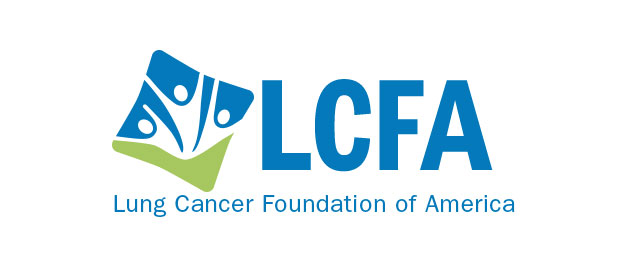
Learn more about early detection
The mission of the Lung Cancer Foundation of America is to improve survivorship of lung cancer patients through the funding of transformative science. Visit their website to watch a doctor’s perspective on why it’s important to detect lung cancer earlier.
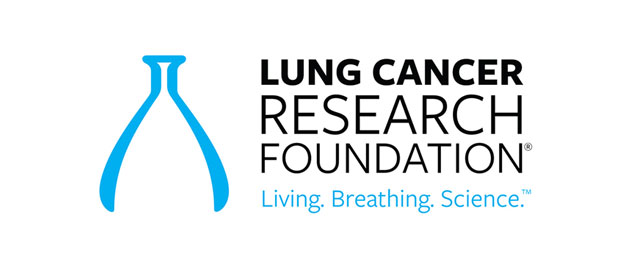
Find out more about the increased risk for lung cancer among Black Americans
The mission of the Lung Cancer Research Foundation is to improve lung cancer outcomes by funding research for the prevention, diagnosis, treatment and cure of lung cancer. This page is designated specifically to help Black and Hispanic/Latinx Americans better understand their risk for lung cancer and how to work with their doctor to get a screening.






